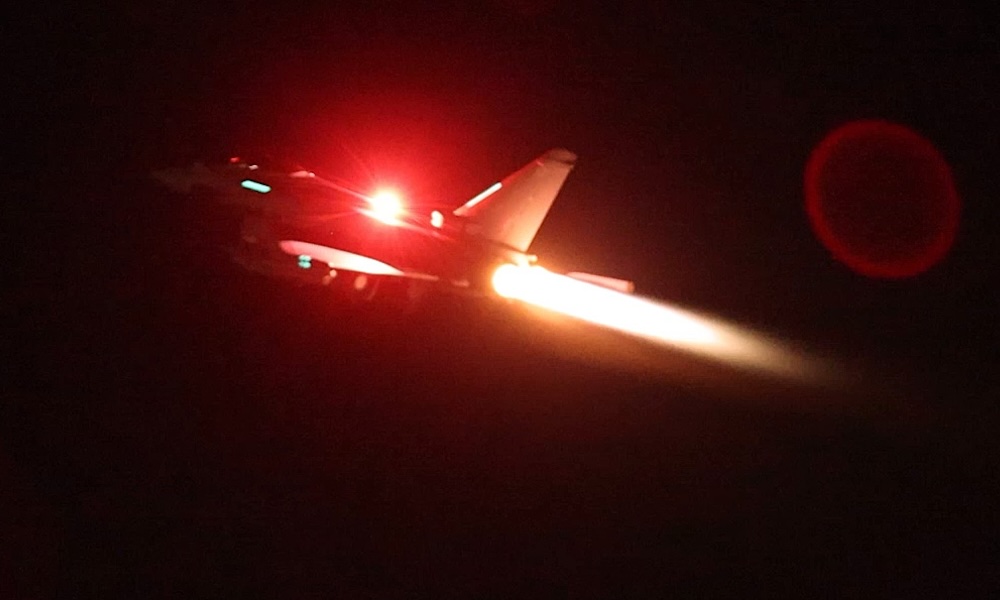Washington seeks new ways to deescalate Red Sea shipping crisis

The US is trying a new carrot-and-stick approach in its dealings with the Houthis in Yemen.
On the one hand, the US military is claiming its attacks on Houthi installations are working, reducing the group’s capabilities to attack merchant ships in the Red Sea and the Gulf of Aden lately. Meanwhile, the American diplomatic line is that Washington could rescind its terrorist tag on the Houthis if they agree to stop attacking ships passing by its shores.
The Houthis – backed by Iranian intelligence and hardware – have attacked around 70 commercial ships in the near six months since Israel went to war with Hamas, leading to a mass exodus of vessel traffic in the region.
Over the past 10 days, however, attacks have eased up. Lieutenant General Alexus Grynkewich, the top US Air Force commander for the Middle East, ascribed this new quieter phase in the Red Sea shipping crisis as likely down to all the strikes carried out by US and UK armed forces in recent weeks, taking out much of the Houthis’ arsenal of drones and missiles.
“Their pace of operations is not what it was,” Grynkewich said at a press conference yesterday.
Grynkewich conceded that a complicating factor was in how quickly the Iranian military could be in resupplying Houthi allies.
Separately President Joe Biden’s special envoy for Yemen gave reporters an indication that diplomatic channels are working hard for a solution between Washington and the Houthi leadership, something that could see the White House revoke its recent designation of the Houthis as terrorists.
“My hope is that we can find diplomatic off-ramps,” Tim Lenderking, a deputy assistant secretary of state, said in an online press briefing yesterday. “To find ways to deescalate and allow us to pull back, eventually, the designation and of course to end the military strikes on Houthis’ military capability.”
Lenderking has been in the Omani capital, Muscat, this week, a city that hosts a number of Houthi leaders. He has held talks with Omani and Saudi officials, seeking solutions to the ongoing Red Sea crisis.
The American diplomat said the Houthis’ could “show good faith” and an “intent to deescalate” if they released the 25-member crew of the Galaxy Leader, a car carrier that they hijacked in November.
Salvatore Mercogliano, an associate professor of history at Campbell University, argued that any resolution to the Red Sea crisis lies on land.
“The underlying solution remains the resolution of the conflict in Gaza,” he said in an interview with Splash earlier this year, pointing out how the anti-piracy patrols against Somalia in the first two decades of the century demonstrated that while naval forces can minimise threats, they cannot totally eliminate them.
Meanwhile, in Denmark the Red Sea shipping crisis is making headlines for defects found on of its frigates.
The Danish government fired the country’s chief of defence Flemming Lentfer yesterday after he failed to report flaws in a frigate’s air defence and weapons systems which emerged during an attack by Houthi militants in the Red Sea last month.





